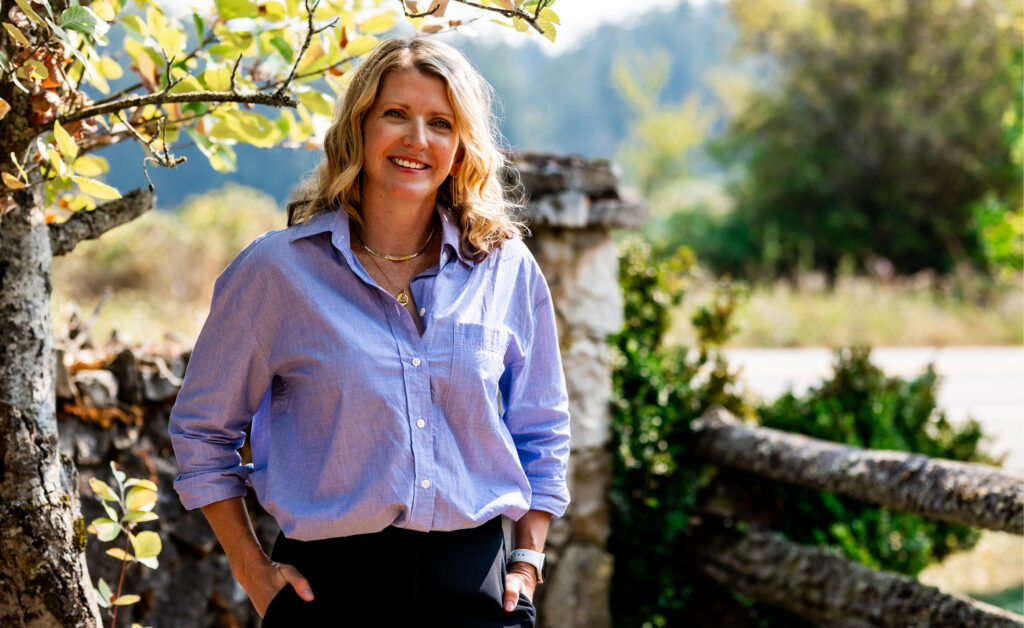by Jo Barnes | photos by Leah Gray –
Reading. We do it for entertainment, information or even inspiration.
Literacy begins when we are children. We learn to make sense of the world of words and, through them, we learn to communicate and feed our imagination. Literacy is the springboard for so many writers whose artistry is found on the printed page. With this in mind, this month we are shining a spotlight on literacy and how critical it is to our creativity.
Governor General’s Award-winning writer, Pamela Porter, recalls her own childhood experience of reading: “I was an avid reader in childhood. In elementary school, when I finished my work, I cracked open a book. I got so immersed in the book I didn’t hear anything around me. It was magic. I was completely in that world.”
Reading can transport us to new worlds. It can tickle our fancy and challenge our thinking. But why is literacy so important in our childhood, and how does it connect to the development of our artistic creativity?
“There are lots of studies that show a strong connection between early literacy, language development and later success, especially academic,” shares Virginia MacLeod, Adult Customer Services Librarian at the Sidney / North Saanich Branch of the Vancouver Island Regional Library. “Books and stories can help us understand the world from experiences outside of our own, to make more and deeper connections and to think abstractly, all of which foster creativity.”
Hearing stories read by others further enhances our childhood experience. A weekly event that takes place at her library is a wonderful example. “Storytime” is a Thursday morning drop-in program where parents bring their little ones, up to age five, to listen to stories shared by the library staff.
“This program is important as a connector for families,” says Virginia. “It’s a great opportunity to share books with young children and to get kids excited about offerings at the library. It creates community and help parents with ideas about literacy at home.”
Programs like this have a positive impact on young participants that have far-reaching benefits, as Ellen Young, local resident and mother of two young children, will attest (shown above with son Theo). “The benefits of reading are endless. My children are exposed to new words and concepts, beautiful illustrations and humour. ‘Storytime’ introduced us to wonderful stories, songs and dances. My children continue to sing those songs at home, in the park and even while grocery shopping! They also use their imagination and incorporate songs and stories into their art and play.”
Reading books together is not only enjoyable but also beneficial for the parent and their relationship with their children. “It provides time together, shutting off phones and giving the child full attention,” says retired teacher and principal, Daphne Macnaughton (opposite page). “A child knows they are valued and has feelings of security and comfort. Bonding takes place, shared memories are built, and conversations can ensue after reading books.”
Conversely, the absence of books and the missed opportunities to read them has profound consequences. “I worked 37 years in public education. Every year I met a few children coming into kindergarten who hadn’t had a single story read to them,” relates Daphne. “They were in need of additional support such as learning assistance or speech/language support.”
Seeing the need for access to books, Daphne decided to act and in 2008 founded Peninsula 1000 x 5 Children’s Book Recycling Project, a non-profit group that collects and distributes books through early childhood educators, health nurses, kindergarten teachers, and staff in many family-serving agencies. The organization works in partnership with Saanich School District 63 to help children and families throughout the Saanich Peninsula, including those in the Tsartlip, Pauquachin, Tseycum and Tsawout First Nation communities.
Daphne notes: “In books, there’s a greater prevalence of rare words not used in general conversation. Children can have vicarious experiences, gain new ideas, find new ways to express their feelings that they have not voiced, enter into imaginary worlds, and access experiences in another person’s skin.”
Adds Virginia: “With books, children have an opportunity to play with language and develop print awareness and letter recognition. The process of reading helps build confidence, lengthen their attention span, stimulates their curiosity about the world around them and helps them develop empathy.”
It is clear that developing early literacy skills ignites our curiosity, allows us to explore new concepts and can launch our creativity. It’s from this foundation that children can set off to also develop skills in visual and performing arts.
As a child, we can get lost in a book. We can shut out the world and enter a new one. But while we might get lost in the pages, we are also finding the keys to creativity. Reading is the starting point to exploring who we are and realizing our creative potential, and as author Pamela Porter might say, it is magic.




